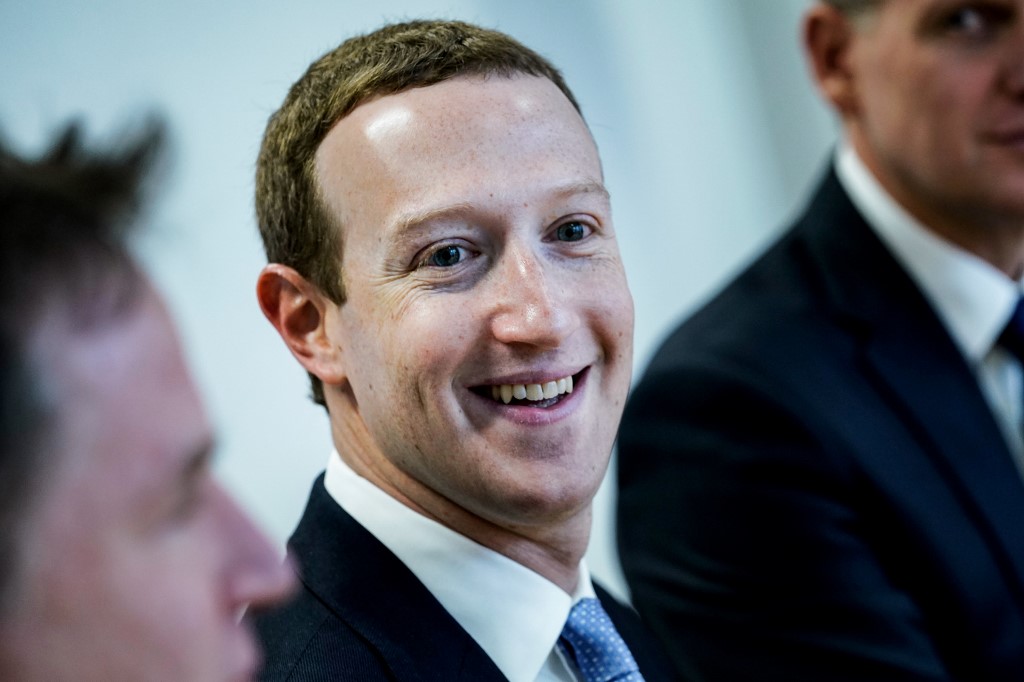In response to criticism that it is not doing enough to safeguard its platform from manipulation and misinformation tied to the US election in November, Facebook on Thursday it would stop taking political ads a week before the vote, fact-check any claims of victory ahead of an official tally, and target posts which try to suppress the vote.
Under fire by critics who accuse Facebook of letting political misinformation swirl around its platform, Facebook Thursday announced that it will stop accepting political ads leading up to Election Day on November 3rd.
Ads that are already in the system can stay up but cannot be adjusted in content or design. However, political campaigns and other groups can change spending amounts and the target audience of those ads.
That’s not the only change. The world’s biggest social network is creating a label for posts made by candidates or campaigns that claim victory before official election results are released.
In a blogpost announcing the changes, CEO Mark Zuckerberg expressed his concern about the unique challenges US voters face this election year due to the coronavirus pandemic, which is likely to result in a surge in mail-in ballots, instead of in-person voting at the polls.
‘Bids to undermine poll’
Zuckerberg wrote that Facebook was “increasingly seeing attempts to undermine the legitimacy of our elections from within our own borders.”
Zuckerberg explained the new measures in an interview with CBS. “If people post content that broadly is trying to delegitimise the outcome of the election – either by – by saying things like – ‘Voting by mail will … definitely lead to fraud’ Or… other things that basically undermine – these democratic principles of – methods of voting that we know are safe – then we’re just gonna add some context to those posts.”
President Trump has repeatedly – without evidence – attacked mail-in voting as rife with fraud.
When asked about the new measures in a CBS interview aired Thursday, Zuckerberg said: “This will definitely apply to the president once this policy goes into place, and it will apply to everyone equally.”
He also pointed to attempts by others outside of the US to interfere with the vote.
Facebook has been slow to address concerns that it can be used as a tool to interfere with the election.
Twitter last year banned political ads and Alphabet’s Google has limited the ways election advertisers can micro-target voters.
But under the guise of free speech, Facebook has been reluctant to clamp down.
























